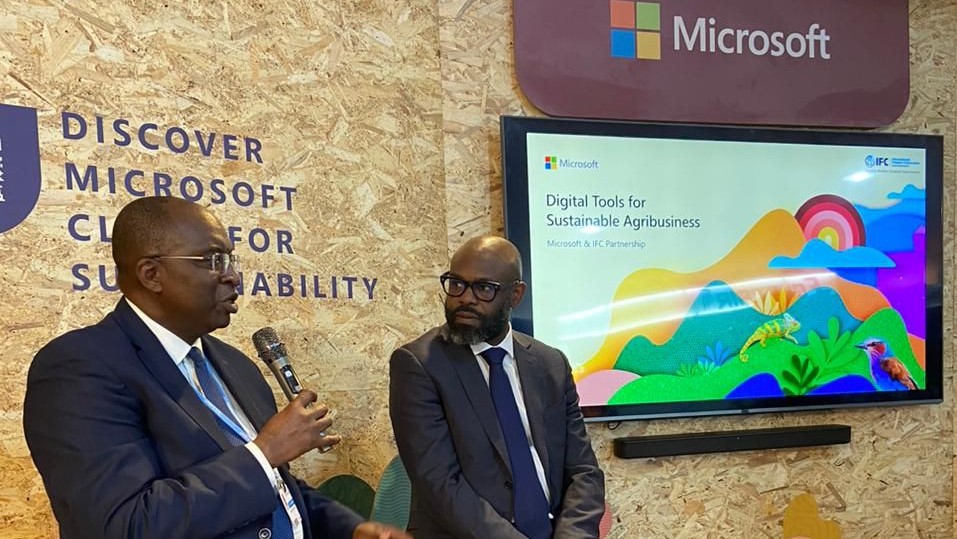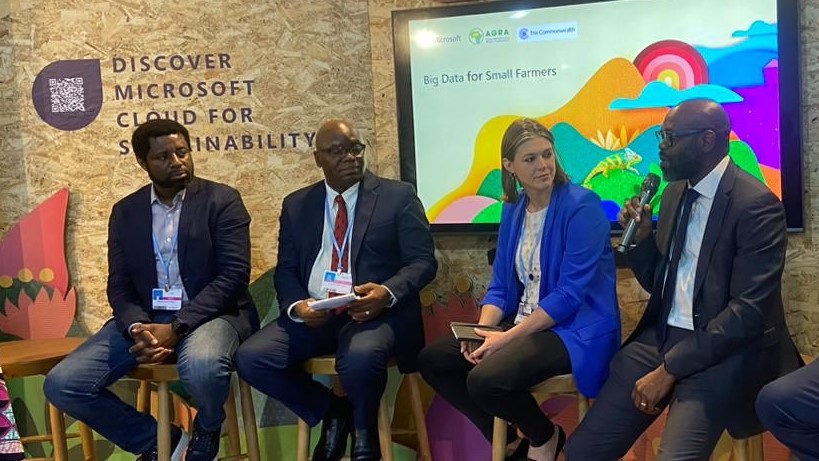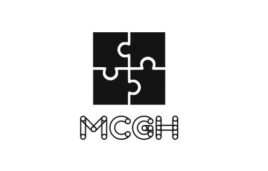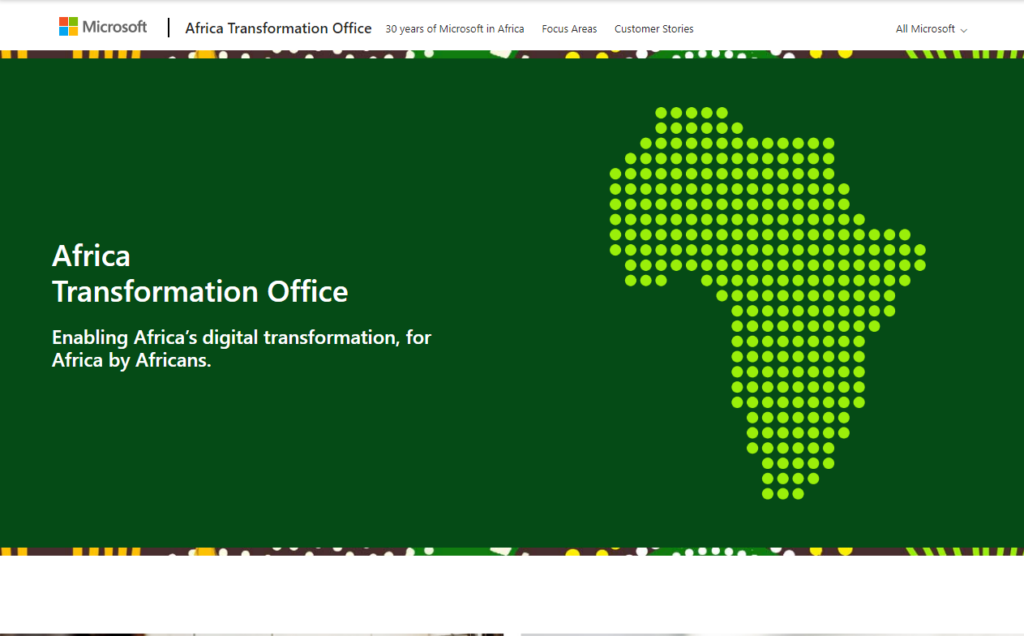
Here is how Microsoft, IFC are digitising agribusinesses and supporting small-scale farmers in Africa
Microsoft, through its Africa Transformation Office (ATO), has announced a partnership with the International Finance Corporation (IFC) to support digital transformation in Africa’s agricultural sector.
In a session during the Adaptation and Agriculture Day at COP27 in Egypt, the IFC and Microsoft highlighted the partnership that aims to deliver digital agriculture products that support African agribusinesses to strengthen food security and develop greater resilience against climate change.
Through the partnership, digital tools such as Microsoft’s AgBot and Community Training applications are integrated with IFC’s Agribusiness Leadership Program to provide better information, newer technologies, and management capacity training to agribusinesses, farmers, and cooperatives.
“Digital technology can improve the operation of key supply chains in the food system by boosting production, improving business practices, promoting traceability, and increasing access to finance. However, the use of digital tools in Africa’s agriculture sector remains limited, often because of infrastructure, affordability, awareness, and regulatory issues,” said Henrik Elschner Pedersen, IFC’s Director for Manufacturing, Agribusiness, and Services in Africa.
“IFC and Microsoft are working together to change this so more agricultural players in Africa can leverage the power of the digital economy.”
Henrik Elschner Pedersen, IFC’s Director for Manufacturing, Agribusiness, and Services in Africa.
In Africa, agriculture is estimated to contribute about 25 percent of Africa’s GDP and 70 percent of its employment. However, the supply chains of many agribusinesses in the continent are fragmented and suffer from poor information flows. Additionally, many farmers rely on traditional agronomic practices and technologies that are under increasing pressure from climate-related shocks.

Current research estimates that smallholder farmers account for 80 percent of the farming community, with an estimated 33 million smallholder farmers. But they are often hard to reach, residing in remote areas, and lack access to skills, knowledge, and agricultural support services. Digital technology can improve the operation of key supply chains in the food system through greater agricultural efficiencies, improved business practices, traceability, food safety, and access to finance.
On his part, Kunle Awosika, Managing Director for Microsoft ATO said: “The changing climate presents new future opportunities for farmers in relation to emerging markets for carbon credits, regenerative agriculture, and the application of ‘nature-based services’. However, these new opportunities need to be underpinned by robust management and reporting systems. These are precisely the systems that are supported by the new suite of digital tools,”
The package of digital tools provides users with the opportunity to upskill in areas such as more productive climate-smart farming practices and the application of ‘farming as a business. The digital tools delivered through the partnership are leveraging Microsoft’s agritech chatbot known as the AgBot, which provides extension and advisory services to smallholder farmers using either feature phones or smartphones, via SMS, WhatsApp, and Telegram.
The AgBot provides a key platform that farmers can use to access information such as weather alerts, crop advisories, pest diagnosis, and market prices. Stakeholders in the agriculture ecosystem including governments, IFC, development partners, and private companies can also access the platform to deliver information to users. To date, over 500,000 farmers are actively using the AgBot to access information and improve productivity.
“By using digital channels, agronomic and business sensitive information is delivered directly to smallholder farmers to help improve productivity as well as mitigate the risks associated with climate change and unexpected weather events. Combined, the digital tools encourage improved farming practices, more sustainable and resilient farming practices, and greater efficiencies in resource use,” says Awosika.
Check out what’s new on our YouTube channel. Subscribe to follow for the latest videos and news in the ecosystem.
- YouTube wouldn’t build an app for the Apple Vision Pro, so Someone did! Introducing Juno
- What is Microsoft 365?
- Get to know Norton Genie app?
- Microsoft Copilot on iOS and Android get upgrade
- Microsoft’s new OneDrive design is out now!
- Sudo command comes to Windows 11
- Google has announced that its first cloud region in Africa is now open for business.
- Apple Vision Pro Review
- Apple’s first-party Podcasts app
- What is Amazon presents Diffuse to Choose?



